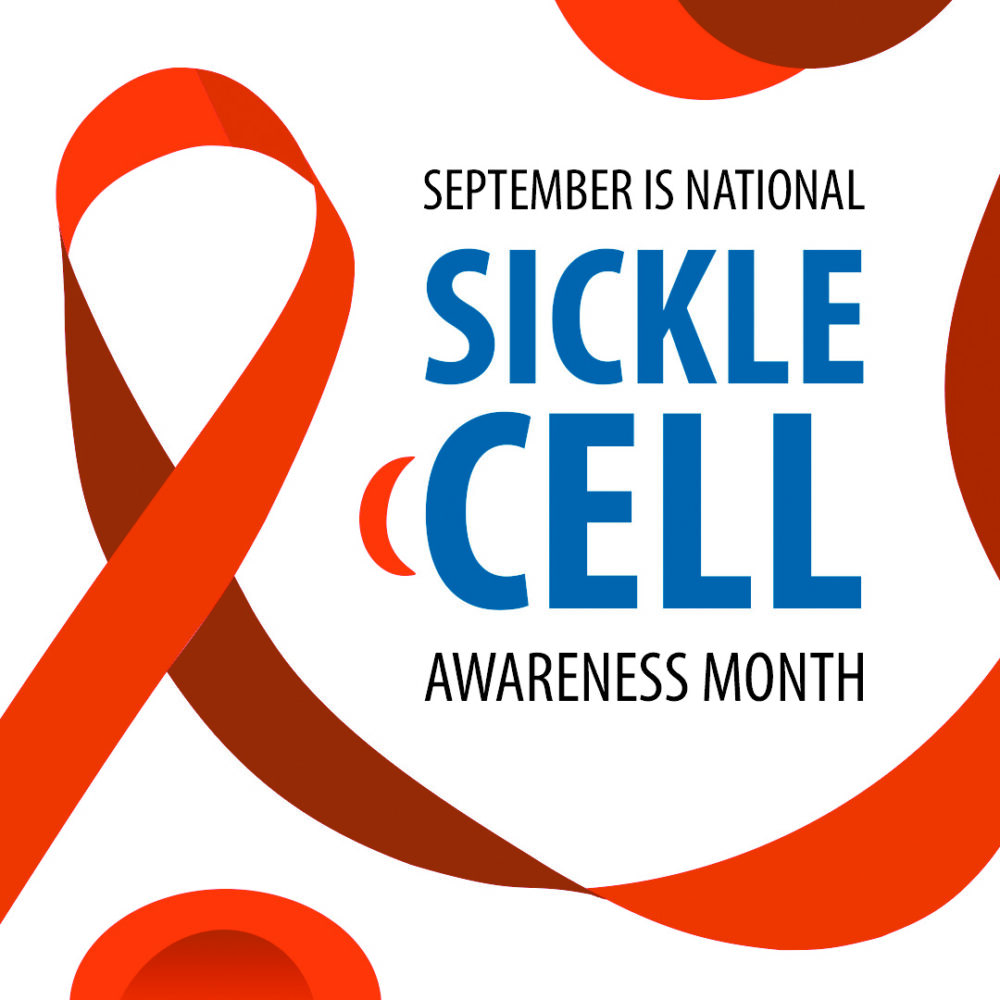Hampton Roads Community News
Op-Ed: How Medicaid Cuts Threaten Sickle Cell Care
With the passage of the One Big Beautiful Bill Act slashing Medicaid funding, sickle cell patients in Virginia face dangerous coverage losses and reduced access to lifesaving care. Advocates warn that these cuts will overwhelm hospitals, undermine state programs, and jeopardize families who rely on Medicaid for critical treatment.
#SickleCell #MedicaidCuts #HealthEquity #VirginiaHealthcare #BlackHealth #PatientAdvocacy

By Dianne E. Creekmore
In July 2025, the One Big Beautiful Bill Act (H.R.1) was signed into law. It includes over $1 trillion in Medicaid spending reductions over the next decade.
The impact on people with Sickle Cell Disease (SCD) is horrific, endangering individuals living with this complex blood disorder.
Impact of Medicaid Cuts in Virginia
Coverage Loss and Access To Care
• A federal budget resolution passed by the U.S. House Republicans seeks massive spending reductions, including in Medicaid. If federal funding falls below 90 percent, Virginia’s “trigger” law would automatically terminate expanded Medicaid coverage, potentially stripping coverage from around 630,000 Virginians.
• A separate reconciliation bill already signed into law is projected to cause coverage losses for approximately 323,000 Virginians through cuts to both Medicaid and ACA marketplace subsidies.
Strain On Healthcare Infrastructure
- The state anticipates Virginia hospitals will lose up to $26 billion over 14 years due to reduced Medicaid funding and provider rates – a blow that threatens hospital operations, staffing, and access to care, particularly in rural areas.
Why This Matters for SCD Patients
Heavy Reliance On Medicaid
- A significant majority of individuals with SCD – especially children and those with severe disease – depend on Medicaid or CHIP for their healthcare.
- Disruptions to Medicaid coverage would directly jeopardize access to life-saving services, including emergency care, disease-modifying treatments like hydroxyurea, regular vaccinations, and hospital stays.
Local Voices and Real Stories
- In Virginia’s 3rd Congressional District, a constituent recounted how Medicaid enabled her sickle-cell–affected child to receive critical blood transfusions and care – even when she needed to stop working to provide home care. These services were vital for her son’s health until he passed away recently. Her story highlights how essential Medicaid is for families managing SCD.
Community and State Support Efforts
- Virginia has expanded state-level support for SCD through programs such as:
- The Virginia Sickle Cell Awareness Program, which oversees newborn screening, facilitates follow-up testing, and connects patients with the nearest specialist.
- State funding for comprehensive clinic networks, including $1.435 million for pediatric and adult SCD clinics during FY 2025-26.
These clinics provide crucial care coordination, education, and wraparound support services – though they do not cover treatment costs. However, these state-level efforts depend heavily on stable Medicaid infrastructure and continuity of funding. Without it, such programs may struggle to sustain operations or serve those in greatest need.
Bottom Line
For people living with sickle cell disease in Virginia, Medicaid isn’t just healthcare – it’s critical lifesaving support. Proposed cuts risk:
- Terminating expanded coverage for hundreds of thousands
- Straining hospital systems vital for specialized SCD care.
- Undermining state programs and community networks built to support individuals with SCD.
Final Thoughts
The One Big Beautiful Bill Act introduces sweeping Medicaid restrictions that are especially dangerous for people with sickle cell disease. This includes:
First and Foremost, it reduces access to care through coverage loss, increased cost, and administrative burdens.
Secondly, it threatens vital data collection and research infrastructure that supports effective treatment.
Lastly, it undermines the ability of clinics, providers, and advocates to respond to the unique needs of SCD patients.
Dianne E. Creekmore is the Co-Founder, Advocate, Chair of Sickle Cell Family and Peer Advocates Of Tidewater Inc.


 National News1 week ago
National News1 week agoIn Memory of Jesse L. Jackson

 Black Arts and Culture1 week ago
Black Arts and Culture1 week agoBHM Spotlight: Nathan Richardson: Poetic Portrayal of Frederick Douglass

 Black Arts and Culture6 days ago
Black Arts and Culture6 days agoBHM Spotlight: Ken Wright: 40 Years Of d’Art Center As A Founding Artist

 Black History6 days ago
Black History6 days agoThe First Star of the Grand Ole Opry

 Obituary1 week ago
Obituary1 week agoPasses: Raheema Turner Shabazz, Norfolk Business Owner

 National News1 week ago
National News1 week agoRev. Jesse L. Jackson, Sr.: “Keep Hope Alive!” “I Am Somebody!”

 Black History7 days ago
Black History7 days agoHighway Marker Project for Va. Lynching Sites

 Politics4 days ago
Politics4 days agoCongresswoman Eleanor Norton Holmes To Retire Next Year As “Dean Of The CBC”


















